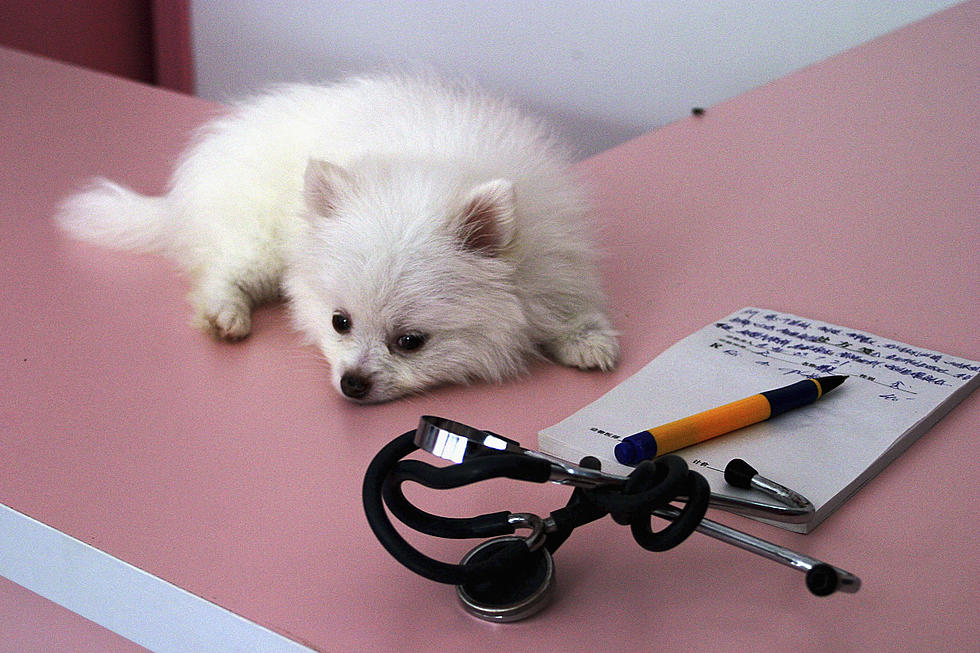
Infection Found In Rats Is Tragically Killing Dogs In New York
A deadly infection that is spread through the urine of rats and wildlife has killed multiple dogs in New York. The bacterial infection can also be spread to humans. Here's what you need to know.
New York City Council Member for District 33, Lincoln Restler, issued a warning to pet parents about leptospirosis on Instagram,
We have received reports of multiple dog fatalities in Williamsburg. My heart goes out to the families who have lost their beloved pets. The reports to our office indicate that dogs played at McCarren Dog Run before becoming sick. I have spoken with the Department of Health, which is actively investigating these cases to confirm if leptospirosis was the cause of death. We have also contacted the Parks Department, which will be delivering mulch this week. We will stay closely in touch with City agencies to address this situation swiftly and thoroughly.
According to PetMD.com Leptospirosis is found in water that wildlife has urinated in,
Leptospirosis in dogs is a bacterial infection that spreads through the bloodstream. Dogs can get leptospirosis from puddles or bodies of water that carry urine from infected wildlife. The bacteria infiltrate a dog’s body by burrowing into their skin. Canine leptospirosis can be a serious, life-threatening disease.
The Centers for Disease Control says that the bacteria can live in water and soil for weeks. The spread of the infection has been increasing. It is commonly found in muddy or marshy areas where there is wildlife and stagnant water. Keep in mind, as the snow melts around New York State, we are often left with muddy ground or puddles.
Leptospirosis can spread to humans from an infected dog, especially children. The CDC says people can become infected through,
Contact with urine (or other body fluids, except saliva) from infected animals.
Contact with water, soil, or food contaminated with the urine of infected animals.
The types of dogs that are most at risk are:
- Hunting and sporting dogs
- Dogs that live near wooded areas
- Dogs that live on or near farms
- Dogs that have spent time in a kennel
If you see any of these symptoms in your dog, it could possibly be leptospirosis:
Leptospirosis in Dogs: These Are The Symptoms of The Deadly Infection

Here's The Meaning Of Dog Collar Colors
New York's Most Dangerous Dog Breeds
These 15 Reptiles Are Illegal To Own As Pets In New York State
Bites From These 7 Creatures in New York Can Be Deadly
More From 93.7 WBLK









